|
LISTEN TO THIS THE AFRICANA VOICE ARTICLE NOW
Getting your Trinity Audio player ready...
|
Kenya’s first earth observation satellite launch has been postponed by 24 hours due to bad weather at the launch site in California.
The launch of the Taifa-1 Sat has been further postponed to Thursday 9:47am EAT due to unfavorable atmospheric conditions in the upper atmosphere. The event at the University of Nairobi, Taifa Hall scheduled for today has been canceled.
Check https://t.co/p2pEnBFRtv for updates
— Kenya Space Agency (@SpaceAgencyKE) April 12, 2023
“Taifa-1 Sat is Kenya’s first operational earth observation satellite. It is equipped with an optical camera that takes pictures simultaneously in multispectral and panchromatic modes enabling it to operate within and beyond the visible light spectrum,” a statement describing the satellite read on the Kenya Space Agency website.
The Taifa-1 satellite was scheduled to launch on a Falcon 9 rocket alongside satellites from other nations.
In a statement released Tuesday, the Kenya Space Agency said the delay was “unfavorable upper-level wind conditions” that would “affect the rocket’s flight trajectory.”
“There is also the risk of the rocket falling back and causing death in case it lands in a highly populated area,” Kenya Space Agency Engineer Pattern Odhiambo said.
A statement on SpaceX website gave the new launch date as Thursday.
“SpaceX is targeting no earlier than Thursday, April 13 at 11:47 p.m. PT (06:47 UTC on April 14) for Falcon 9’s launch of the Transporter-7 mission to low-Earth orbit from Space Launch Complex 4E (SLC-4E) at Vandenberg Space Force Base in California.
The launch is scheduled Friday, April 14 at 9:47 a.m. EAT (Kenya Time).
According to Kenya Space Agency website, their mission has six goals.
- Agriculture: to discover how to control and ensure healthy crop growth.
- Security: to detect and track threats
- Urban planning: use satellite imaging to monitor and come up with data-driven decision making in sustainable urban planning
- Disaster Management: predict disasters such as earthquakes or locust invasions.
- Communication: Help to improve telephone, TV, Radio, Internet signals.
- Resource Management: provide data for public and private use.
The satellite launch will help local farmers because the data will be precise when planting season arrives, said Odhiambo.
According to local reports, a team of Kenyan engineers created Taifa-1 and worked with a Bulgarian aerospace firm to conduct testing.
In 2018, Kenya and Japan worked together to launch their first experimental nanosatellite from the International Space Station, created by the University of Nairobi students.
Kenyans React To Postponement News with Skepticism
Kenyans online have reacted to the postponement news with skepticism.
“Naa, kuna pesa imekulwa mahali,” G. Eng. Kiplagat tweeted.
Azimio and Kenya Kwanza blame game were not far behind.
“Azimio will blame Riggy G,” Fact checker (Sisi sio wajinga) added.
Nye had a simple question.
“Anything we can do right in this country?”
Postponement is common during satellite launches.
Space satellite launches can be postponed due to weather for a few reasons. One of the primary concerns is safety. Launching a satellite requires precise conditions, and any unforeseen weather conditions could compromise the safety of the mission.
Strong winds, heavy rain, and lightning are the most common weather conditions that can delay a space launch. Strong winds can cause instability in the rocket during liftoff and affect its trajectory, making it difficult to reach the desired orbit.
Heavy rain can damage the electrical systems of the rocket, while lightning can threaten the launch vehicle and the people involved in the launch.
In addition to safety concerns, weather can also impact the performance of the rocket and its payload. For example, high humidity can affect the functioning of the rocket’s engines, while low temperatures can affect the fuel and other systems.
Therefore, space agencies and launch providers closely monitor weather conditions and make launch decisions accordingly to ensure the safety and success of the mission.
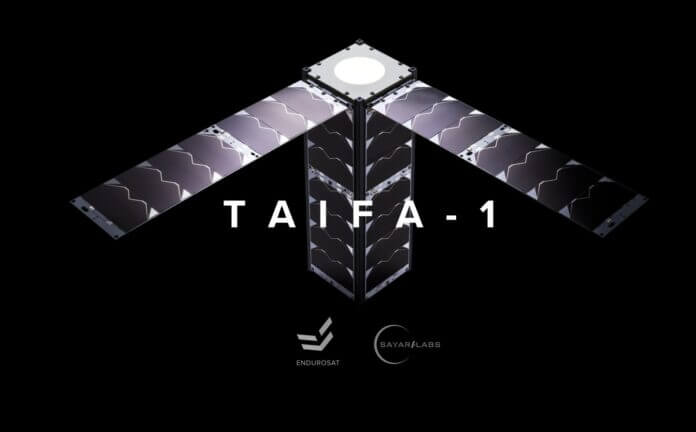





















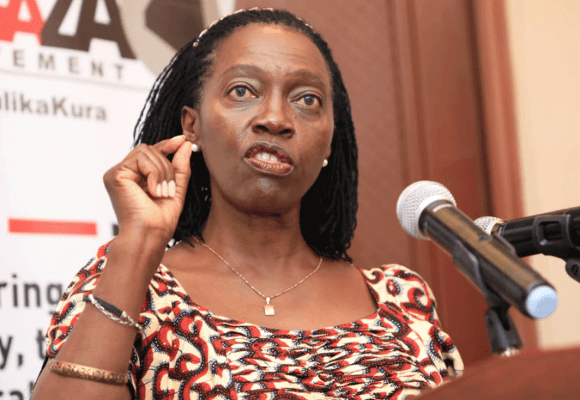
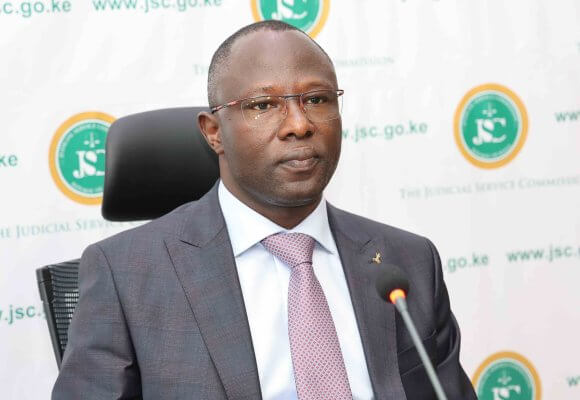
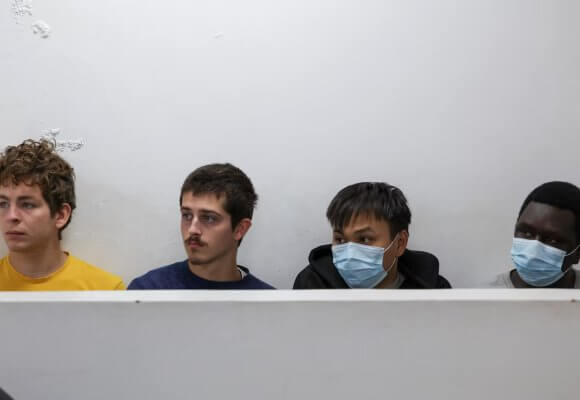
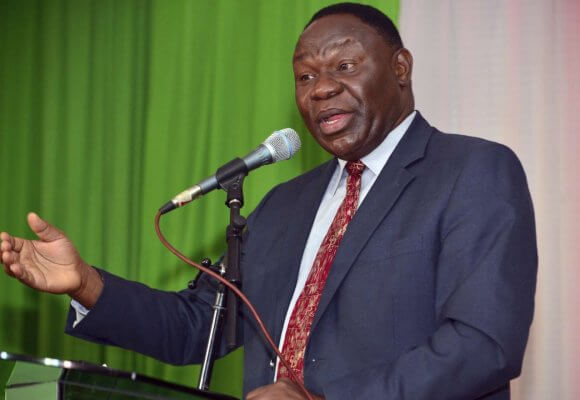




LEAVE A COMMENT
You must be logged in to post a comment.